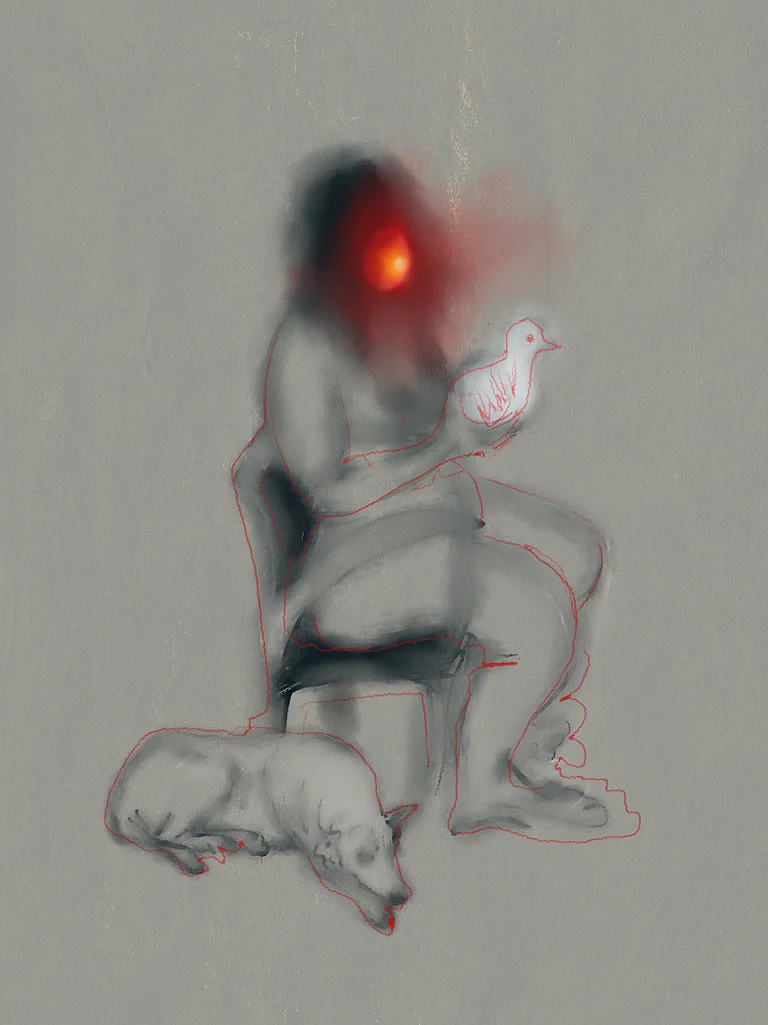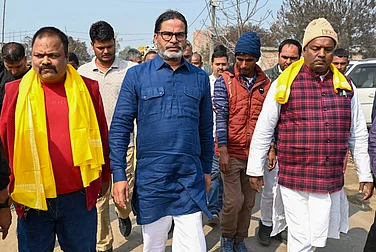The Plight of the Shudras
Haunted by ‘The Gods on Earth’,
For two thousand years,
The perpetual service of the Brahmins,
Became the plight of the Shudras.
Looking at their condition,
The heart screams its protest,
The mind blanks out,
Struggling to find a way out.
Education is the path,
For the Shudras to walk,
For education grants humanity
freeing one from an animal-like existence
--- Savitribai Phule (1831-97)
Known as modern India’s first female teacher, Savitribai Phule was an exponent of female education, equality and justice who took on the caste system with her revolutionary ideals and strived to dismantle the elite-controlled education system. And January 3, 2023, marks the 192nd birth anniversary of the trailblazing leader, whose individual contribution and identity in the field of education and liberation needs to be echoed by and by.
Who is Savitribai Phule?
Born in Naigaon village of Maharashtra’s Satara district on January 3, 1831, to Khandoji Nevse and Lakshmi, Savitribai went on to become an educator, a challenger to caste hierarchies and barriers, and a writer.
She was a Dalit woman belonging to the Mali community. At the tender age of 10, she was married to 12-year-old Jyotirao Phule, a man of social reform himself, who believed that women must be educated. He began to home-school Savitribai.
Later, Jyotirao admitted Savitribai to a teacher’s training institution in Pune and in 1848, the couple went to establish the first-ever school for girls in Bhidewada of which Savitribai was the headmistress.
At a time when female education was an alien concept in society, Savitribai and Jyotirao’s contribution to breaking social barriers in society laid the path to women’s emancipation.
Savitribai’s work received many backlashes
In an essay titled “The Stuff Legends are Made of” published in the book “A Forgotten Liberator”, author Cynthia Stephen writes, “The young couple faced severe opposition from almost all sections. Savitribai was subject to intense harassment every day as she walked to the school. Stones, mud and dirt were flung at her as she passed.”
Savitribai began teaching girls alongside Sagunabai Kshirsagar, who was a revolutionary feminist as well as a mentor to Jyotirao. In no time, the Phules were running three different schools by the end of 1851.
Her journey was not an easy one. It is said she was pelted stoned and cow dung was thrown at her on her way to school by upper-caste men. But that never jilted her spirit. Savitribai carried two saris to school and she simply changed her soiled attire once she reached her school premise.
One report from 1852 in The Poona Observer states, “The number of girl students in Jotirao’s school is ten times more than the number of boys studying in the government schools. This is because the system for teaching girls is far superior to what is available for boys in government schools… If the Government Education Board does not do something about this soon, seeing these women outshine the men will make us hang our heads in shame.”
However, in 1839, Jyotirao's father asked the couple to leave his home because their work was considered a sin as per the Manusmriti and its derived Brahmanical texts. Striving through continuous resistance from the society, Phule and Joytirao, in the 1850s, established two educational trusts that encompassed the many schools set up by them to fund the education of girls.
Beyond education, a social reformer
Savitribai started the Balhatya Pratibandhak Griha (‘Home for the Prevention of Infanticide’), a childcare centre for sexually exploited, pregnant widows and rape victims facing discrimination. She also adopted a child of a widow, Yashwantrao, who was educated to become a health expert.
In 1852, she started the Mahila Seva Mandal to fight for the rights of women. She organized a strike against barbers in Pune and Mumbai, putting pressure on them to stop shaving the heads of Brahmin widows.
In 1873, the Phules set up the Satyashodhak Samaj (‘Truth-seekers’ society’), a platform open to all, irrespective of their caste, religion or class hierarchies, with the sole aim of bringing social equity. Further, in 1873, they started ‘Satyashodhak Marriage’, a rejection of Brahmanical rituals where the marrying couple takes a pledge to promote education and equality.
In 1868, she along with her husband set up a well in their backyard to allow people from the oppressed classes to drink water. The oppressed classes were otherwise barred from having water from the common well in the village.
Eventually, in 1852, she was declared the best teacher in the state by the British government.
When Jyotirao passed away on November 28, 1890, she defied all social reforms and carried the titve (earthen pot) and led the funeral procession. Savitribai was the one who consigned his body to the flames, a ritual which is still predominantly carried out by men.
In 1897, following the Bubonic plague, Savitribai set up a clinic in Hadapsar to attend to the victims of the plague.
She died on March 10, 1897, in Pune, after she fell sick while serving those who had contracted plague during the epidemic.
Literary work
Her first collection of poems ‘Kavya’ (Poetry’s Blossoms) was published in 1854. She published Bavan Kashi Subodh Ratnakar (‘The Ocean of Pure Gems’), in 1892.
Oppressed classes were forbidden from drinking water from the common village well. Jyotirao and Savitribai dug a well in their own backyard for them to drink water from. This move caused a furore in 1868.


























